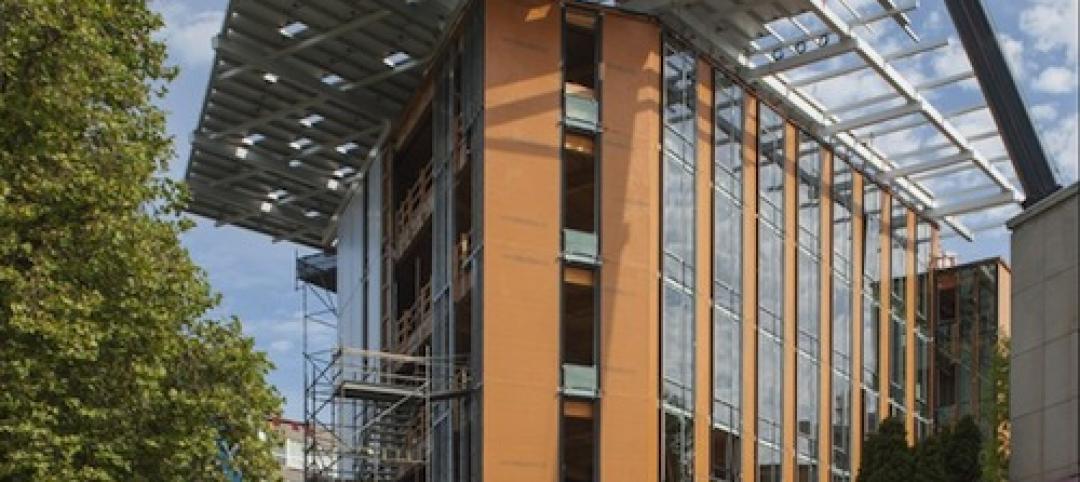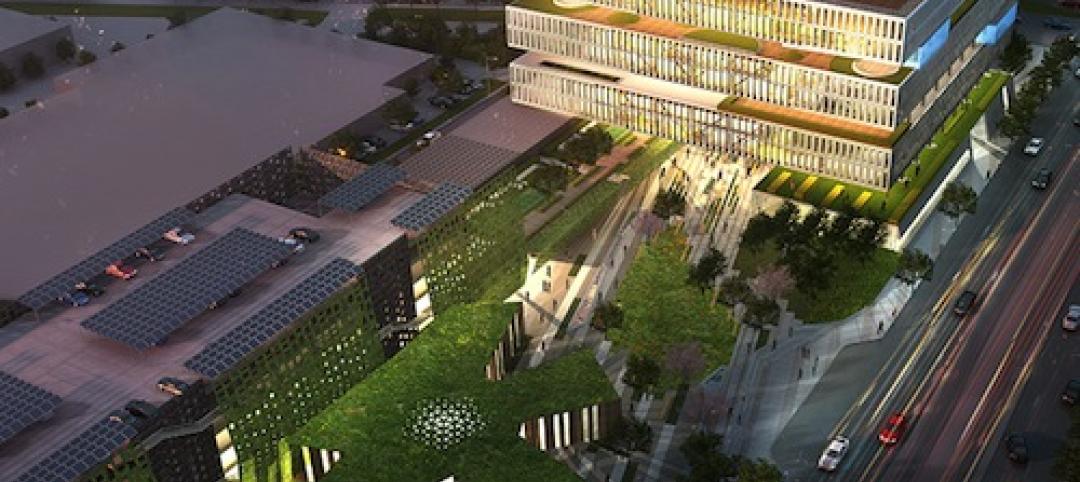In the current post-pandemic environment, many workers continue to work remotely, and most tenants don’t need as much space as in pre-pandemic days.
The impact is higher vacancies in the office sector and owners desperately trying to retain and attract tenants. Many landlords in the war for tenants have turned to offering new workplace amenities such as conference room services, fitness centers with nutritionists, and high-end food and beverage offerings.
To provide these services, landlords engage with third-party vendors and these arrangements present the potential for some thorny legal liability, according to a column at GlobeSt.com. To prevent that, both parties must hash out details over responsibilities for the engagement to ensure that it works as expected.
For example, a contract should include clauses about who can access bank accounts and who provides accounting support for expenses and revenue. Also, the vendor must be in tune with requirements in the landlord’s insurance to prevent inadvertent actions that could negate coverage.
In addition, amenity vendors may be unfamiliar with the coordination needed to operate the building when it comes to things like elevator usage, HVAC, access to loading docks, trash disposal, and parking. Details like that, if not spelled out in advance, could lead to rancor between the landlord and vendor, or worst case, a legal confrontation.
Design and construction firms should be aware of this dynamic when renovating space for upgraded office enhancements, as it could complicate the programming process or even derail a project.
Related Stories
| Mar 15, 2013
7 most endangered buildings in Chicago
The Chicago Preservation Society released its annual list of the buildings at high risk for demolition.
| Mar 14, 2013
25 cities with the most Energy Star certified buildings
Los Angeles, Washington, D.C., and Chicago top EPA's list of the U.S. cities with the greatest number of Energy Star certified buildings in 2012.
| Mar 13, 2013
RSMeans cost comparisons: jails, courthouses, police stations, and post offices
The March 2013 report from RSMeans offers construction costs per square foot for four building types across 25 metro markets. Building types include: jails, courthouses, police stations, and post offices.
| Mar 12, 2013
'World's greenest' office building seeks tenants in Seattle
Superefficient Seattle office building is designed to meet the ambitious goals of the Living Building Challenge.
| Mar 4, 2013
Korean Air, AC Martin collaborating on Western region's tallest tower
The 1,100-foot Wilshire Grand will combine retail and restaurant space, offices, and a luxury hotel in the sky.
| Mar 3, 2013
Hines acquires Archstone's interest in $700 million CityCenterDC project
The Washington D.C. office of Hines, the international real estate firm, announced the acquisition of the ownership interest of their partner, Archstone, in the mixed-use CityCenterDC project that is currently under construction in downtown Washington, D.C.
| Feb 28, 2013
Greeening Silicon Valley: Samsung's new 1.1 million-sf HQ
Samsung Electronics' new 1.1 million sf San Jose campus will support at least 2,500 sales and R&D staff in the company's semiconductor and display businesses.
| Feb 26, 2013
Tax incentive database for reflective roofs available
The Roof Coatings Manufacturers Association (RCMA) and the Database of State Incentives for Renewables & Efficiency (DSIRE) created a database of current information on rebates and tax credits for installing reflective roofs.
| Feb 25, 2013
First look: Google's new HQ is engineered for creative collisions
The new California "Googleplex" will be engineered to make sure no Google employee will be more than a 2.5 minute walk away from any other.















